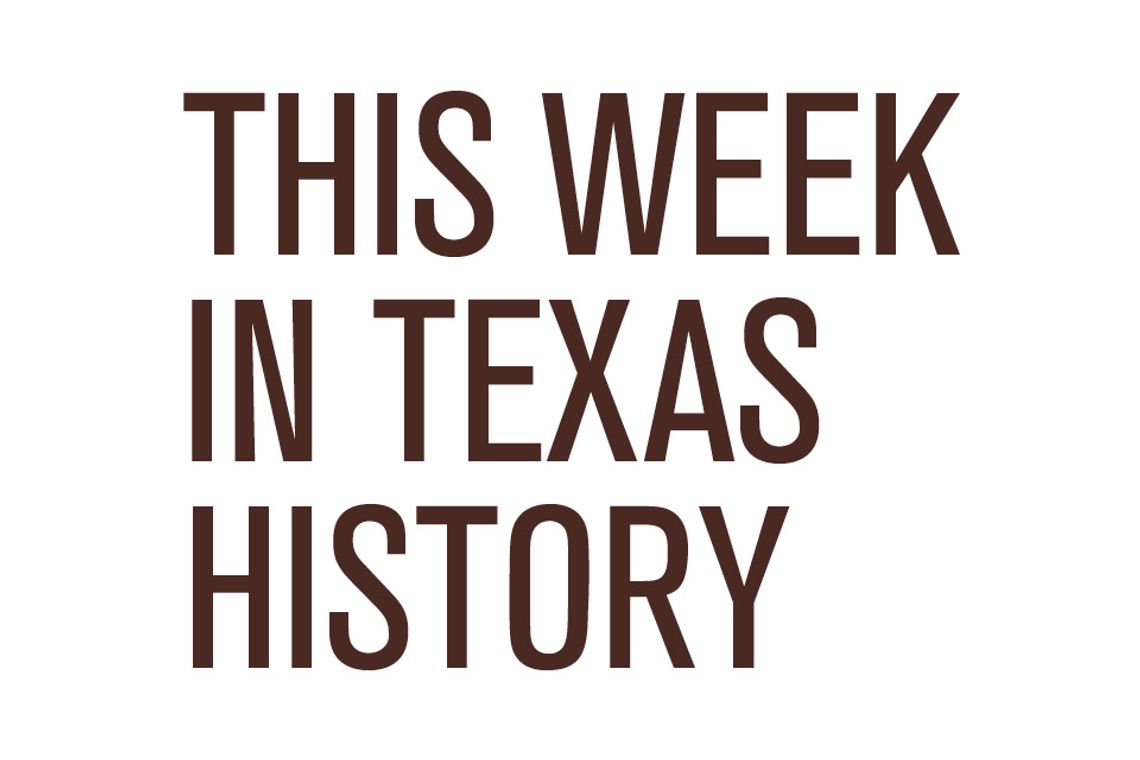Backed by a new crime-fighting attorney general, who campaigned on a pledge to clean up Galveston, the Texas Rangers finally got their wish and padlocked the Balinese Room on May 30, 1957.
The combination nightclub-casino had been the crown jewel of two Sicilian brothers’ Island empire for three decades. The rich and famous came to the Balinese Room for the high-stakes gambling and live entertainment that featured big-name performers.
Legitimate barbers by trade, Sam and Rosario (Rose) Maceo came to Galveston in 1910 following a seven-year stopover in New Orleans. After Prohibition became the law of the land in 1919, the Maceos like countless other Americans made extra money by selling illegal alcohol on the side.
The brothers soon caught the eye of Dutch Voight, boss of the Beach Gang, who persuaded them to quit cutting hair for full-time bootlegging. When federal agents rounded up Voight and other violators of the Volstead Act, the Maceos were left in a perfect position to take control of the Oleander City’s underworld.
Sam and Rose expanded their part interest in the Hollywood Club, an early prototype of the Balinese Room, into full ownership. They ran their illicit enterprises, which included everything from prostitution to bookie parlors, from the downtown Turf Grill/Athletic Club.
In 1929 the ambitious brothers opened Maceo’s Grotto at the intersection of 21st Street and Seawall Boulevard within walking distance of The Galvez, the luxurious hotel preferred by visitors with money to burn. Three years and a facelift later, The Grotto was turned into a Chinese restaurant called Sui Jen. A 200-foot pier that stretched out over the Gulf enhanced the dining experience of customers who liked to listen to the waves while they ate.
The anti-Asian backlash unleashed by the Japanese attack on Pearl Harbor in 1941 necessitated another name change. The Sui Jen became the Balinese Room complete with South Seas décor, a 400-foot longer pier and the fanciest casino this side of Havana.
The Maceos offered their free-spending clientele more than no-limit games of chance. Band leader Phil Harris, who held a benefit for victims of the 1947 Texas City Disaster, comedians like Bob Hope, George Burns and the Marx Brothers and singers such as Peggy Lee were but a few of the well-known headliners at the Balinese Room.
The most frequently asked question is “How did the Maceos get away with it?” Gambling was against Texas law and Galveston, though an island, was still a part of Texas.
For one thing, the Balinese Room had air-tight security. Not just anyone could walk in the door, especially anybody with a badge. The years have not dimmed the memory of Ronnie Maceo, who told Texas Monthly in a 2019 interview:
“You didn’t wind up in the gaming room by accident. The pier extended far out into the Gulf and had many checkpoints. First, you got the thumbs up from the walk-up window at the seawall. Then you were allowed to proceed another couple hundred feet down the pier to the coat/hat check booth. You needed an additional ‘all-clear’ to proceed to the dining room.
“And, if you somehow got past all the sets of guarded doors and you didn’t belong there, you were escorted out rather quickly.”
Every bit as important as the elaborate precautions was Sam Maceo’s razor-sharp mind and charming personality. He played the part of the genial gangster to perfection and sold the entire town, from civic and business leaders to the men in the street, on the idea that gambling and other victimless crimes were good for the economy.
Gently but firmly, Maceo kept locals who could not afford to play out of the casino. For the lucky few granted access to the slot machines and tables, a strict limit was set on how much they could lose.
Sam polished his public image with generous donations to Island churches and charities. He made strolls along the seawall safe for ordinary citizens, as well as out-of-town patrons of the Balinese Room, by deploying a private patrol dubbed the Night Riders.
Times change and so do attitudes, as Galvestonians learned too late. After World War II, mainland Texans and state legislators in particular took an increasingly dim view of the brazen defiance of state law on the Island and resolved to do something about it.
Attorney general Will Wilson was serious about keeping his campaign to “close down Galveston.” The Maceo organization might have weathered the storm like others in the past had it not lost guiding genius Sam to cancer in 1951.
Wilson gave the Rangers carte blanche for an unprecedented crackdown, and they did not disappoint. The lawmen succeeded at last in making a case against the Maceo operation that led to the permanent closure of the Balinese Room in May 1957.
For the next half century, the ghostly reminder of Galveston’s wide-open era stood empty. Then on Sep. 12, 2008, Hurricane Ike blew it into oblivion and the history books.
Read more about wide-open Galveston in “Texas Depression Era Desperadoes.” Order your copy for $24.00 by mailing a check to Bartee Haile, P.O. Box 130011, Spring, TX 77393.











